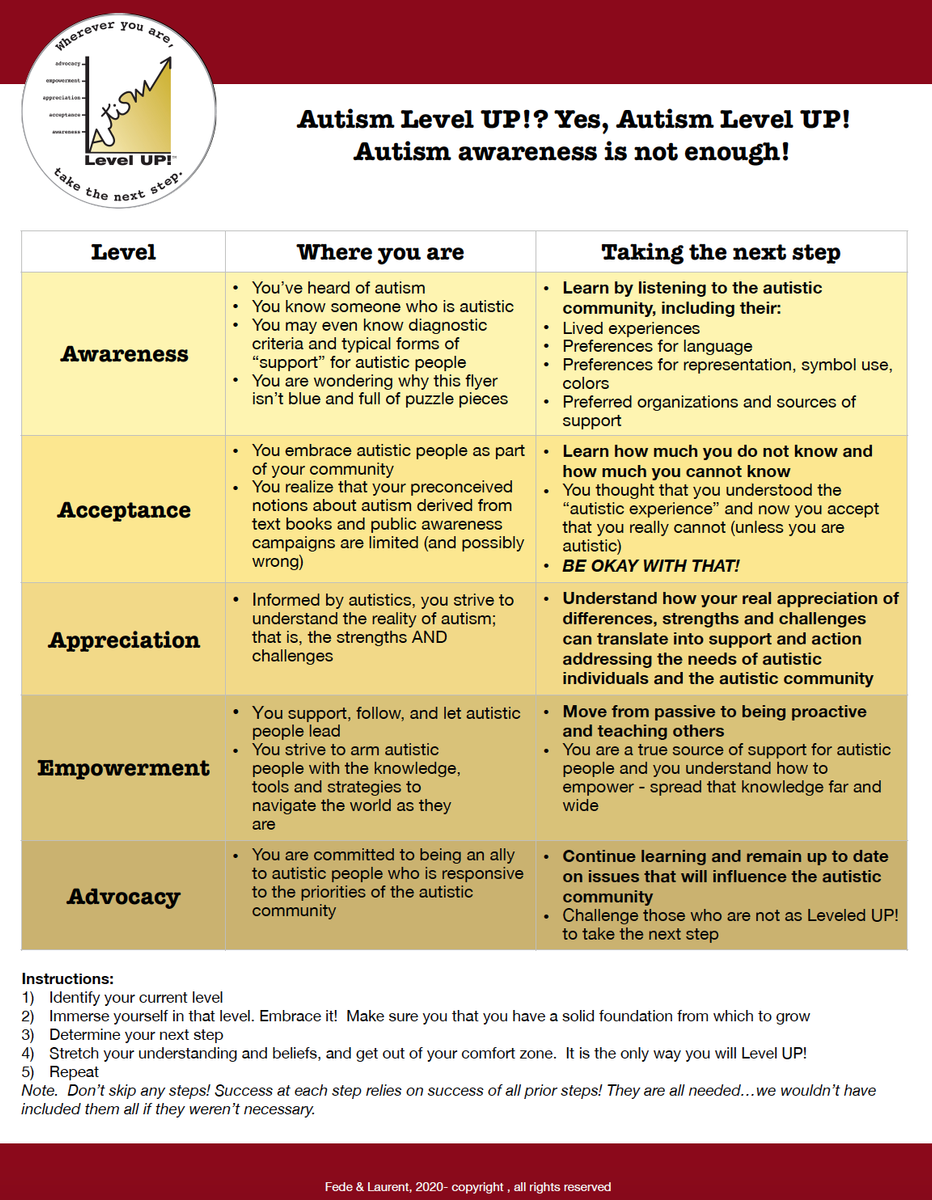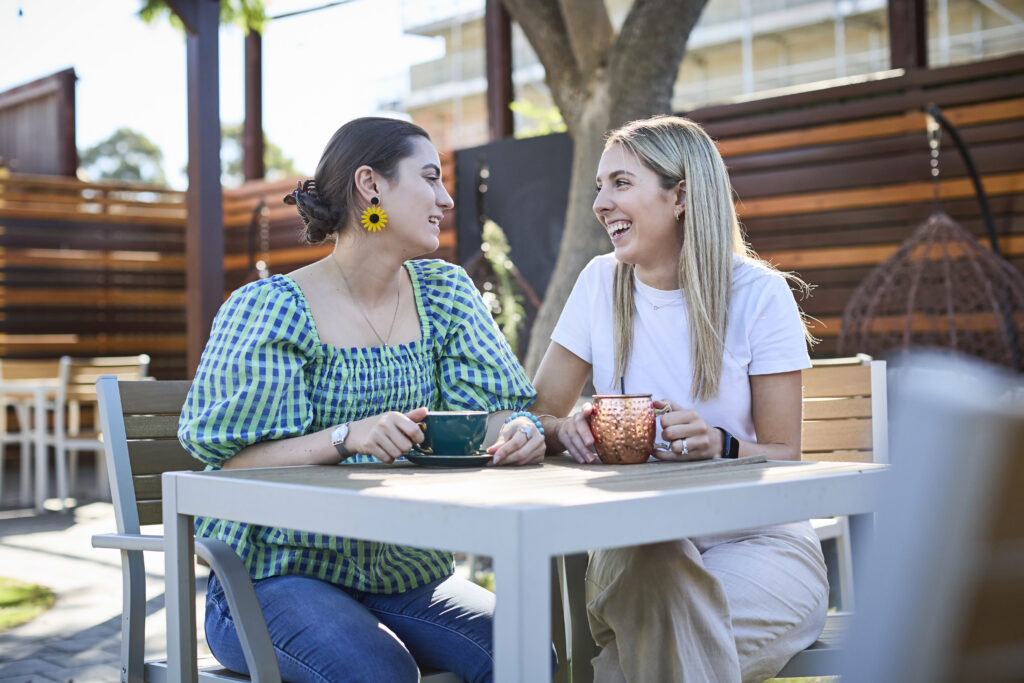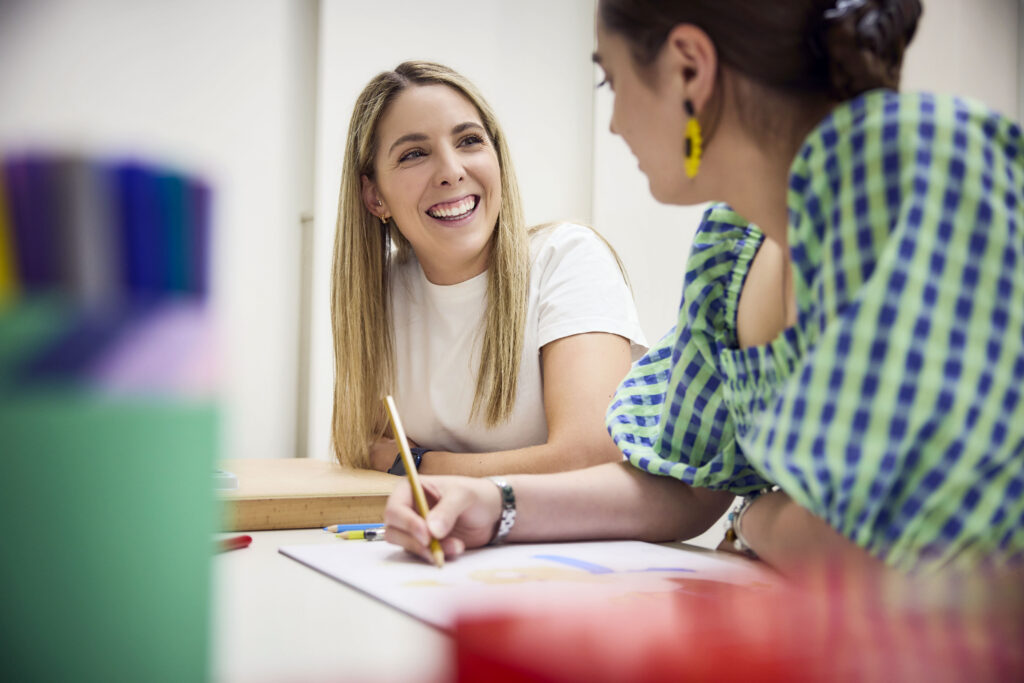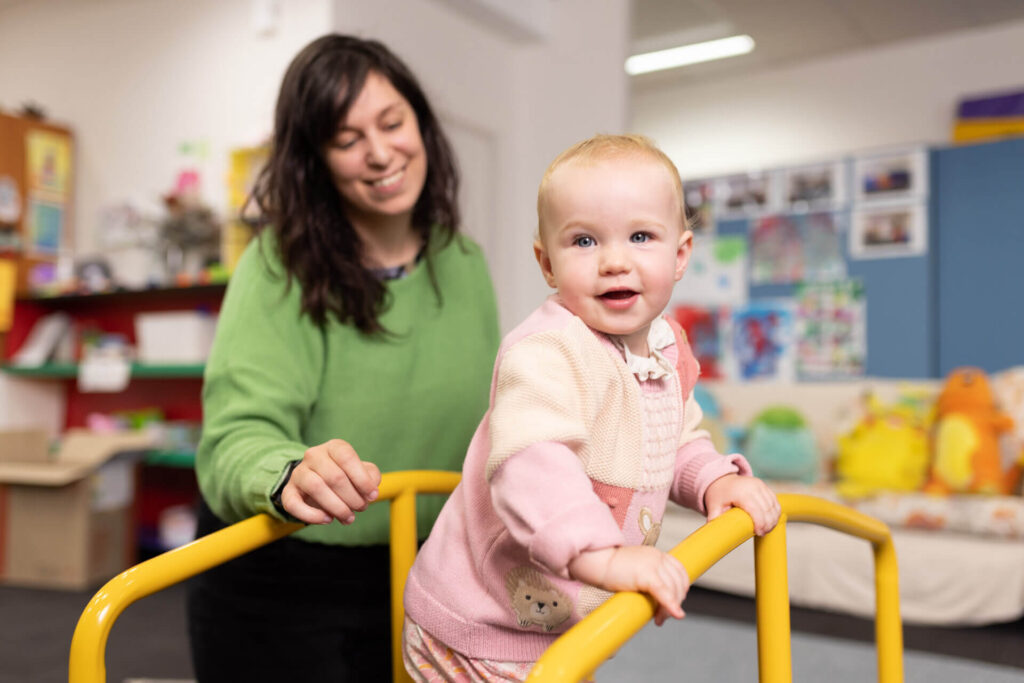Is autism awareness enough?
By Dr Nicole Grant
April is Autism Awareness Month.
Autism Awareness Month typically kicks off on 2 April with World Autism Awareness Day (WAAD).
World Autism Awareness Day is officially sanctioned by the United Nations and has been observed worldwide since 2008.
The original aim of World Autism Awareness Day (WAAD) was to shine a spotlight on the challenges that people with autism face every day.
WAAD activities are planned every year by organisations and individuals all around the world to educate people about autism.
During Autism Awareness Month, it is not uncommon to see increasingly polarised opinions about autism-related matters, such as the use of different intervention approaches, cause, and origin of autism, and even language around describing autism and people with autism.
Here’s five things we know for sure about autism
- Once you’ve met one child with autism, you’ve met one child with autism. Every individual’s experience of autism is different, which means that we need to tailor our supports based on individual needs and individual goals.
- The use of the terms high functioning and low functioning to describe autism levels is outdated and does nothing to describe individual strengths and the unique challenges experienced by autistic individuals.
- Autism is lifelong and will impact people in different ways at each stage of their life.
- The proverb ‘it takes a village to raise a child’ is 100% true. This is even more so true for our families who are raising autistic children. Children with autism and their families need patience and understanding from teachers, their other health professionals… everyone involved in the child’s life has an important part to play!
- There’s no one size fits all approach to therapies. The research confirms this. This is why our therapists are continuously participating in ongoing professional development activities, learning and training to make sure they are as well-equipped as possible to meet every child’s needs. We will also ask you, the parents, and caregivers lots of questions too, so that we can fully understand your child’s needs and tailor our approach accordingly.
We also know it’s important to listen to autistic individuals and learn as much as we can from those with lived experience.
Courtney Watts is a teacher in Newcastle NSW and is currently working on a PhD in neurodivergent conditions at the University of Newcastle.
As an autistic teacher, parent, academic, student, and former autistic child (now adult) she is committed to ensuring this generation of children gets the education and healthy home life they deserve that she feels so many went without due to the misconceptions that exist in the world.
Courtney recently reached out to us to share her views on autism awareness and provided us with some fantastic resources to improve how we support autistic individuals.
One of these resources is the infographic provided here which steps us through how to level up from simply being autism aware to true autism advocacy.

She also provided us with this fabulous list of autistic individuals who have changed the world.
We acknowledge that some families view these lists as an inaccurate representation of autism, particularly for those with more complex presentations, however we are inspired and encouraged by these individuals and share for those who may be interested.
- Alan Turing, who gave us the first computer, cracked the Nazi Enigma code and saved upwards of 21 million lives by ending World War II at least two years earlier.
- Satoshi Tajiri, who turned his first autistic passion of bug collecting into the worldwide phenomenon that is the world of Pokémon.
- Albert Einstein, considered the world’s most famous scientific minds.
- Greta Thunberg, famous from the age of 14 because of her relentless and unwavering advocacy for environmental protection and fighting for action against climate change.
- Hannah Gadsby, a now world famous, queer comedian from right here in Australia whose comedic style sends the message that not only is it OK to share traumas openly, it should feel safe to do so.
- Sir Anthony Hopkins, a prime example of what an autistic can do when they have unbridled access to the resources they need to fully envelop themselves in their passions.
- Theodoto Ressa, a BIPOC University Professor who dedicates his life to training future educators and wrote an incredible piece on media representations of autism and how teachers can critically evaluate these representations BEFORE they are integrated into their autism knowledge and impact their perceptions of their autistic students.
- Chloe Hayden, autistic activist, YouTuber, and actress, playing autistic character Quinni on the upcoming Netflix reboot of Heartbreak High.
- Dr Jac den Houting of Macquarie University in Sydney, a non binary, autistic academic who went viral in a Tedx Talk describing Dr Damien Milton’s ‘double empathy’ problem, showing once and for all that autistic communication is just as effective and valid as neurotypical communication.









